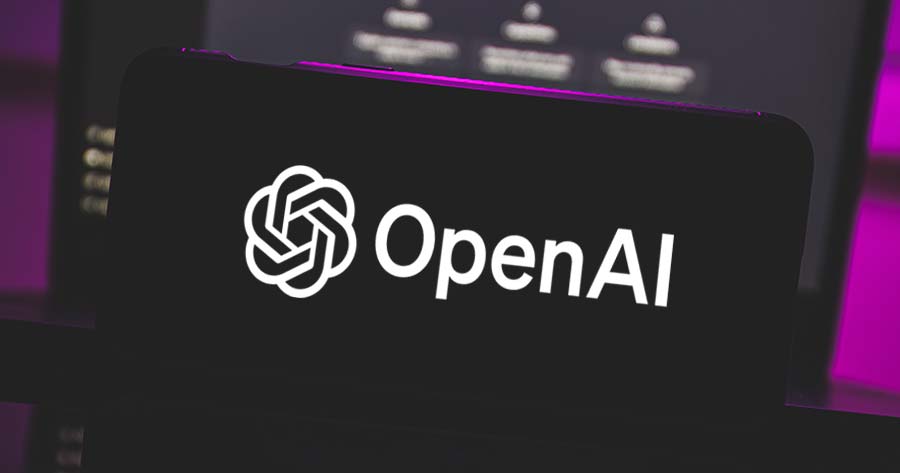OpenAI is the company behind ChatGPT, the chatbot that has potential and application in many fields, to the point that some considered it as an AGI (Artificial General Intelligence) or personal assistant AI that many futurists dream of.
The recent internal conflict between its board of directors and co-founder, Samuel Altman, made many wonder that the success and expectation of ChatGPT might be the root cause. As Altman probably pushes for more advanced products, the more miscommunication is likely to be made. It is likely that Altman made operational decisions without letting the board know, according to New Street Research.
The communication rift in OpenAI, resulting in Altman being fired last Friday but returning on Tuesday as CEO. As on Sunday, he was about to join Microsoft, the investor and technology owner of OpenAI. However, 95% or over 700 of OpenAI employees were calling for resignations of its boards and Altman returning, or else they threatened to follow Altman to Microsoft. This possibly prompted Microsoft CEO, Satya Nadella to pull some strings and make way for Altman. Nadella commented on the rejoining that it’s “a path to more stable and effective governance.”
OpenAI announced on Tuesday that Altman, who was fired by its board of directors a few days earlier, will return to the company as CEO. The OpenAI post on Twitter-X implied it will replace the old board of directors, which is possibly a part of a deal for Altman to rejoin. In addition, Greg Brockman, former OpenAI president and co-founder who left along with Altman also rejoined as well.
Ilya Sutskever, Helen Toner and Tasha McCauley, the three directors that ousted Altman are being replaced with Bret Taylor, the former Salesforce co-CEO as a new chair, Larry Summer, the economist and former US Treasury Secretary, and Adam D’Angelo, CEO of Quora and the existing director who refused to elaborate the reason why Altman was fired. Meanwhile, Ilya Sutskever wrote on a social media post that the Altman firing decision was regrettable.
On the side point, Altman is very passionate about AI. He expressed the concerns on AI development to the congress before. He said AI will possibly replace many human jobs in the future. His point was taken by 28 AI powerhouse countries including US, EU, UK, China, India, South Korea, that signed the “Bletchley Declaration” in early November to manage potential AI risks and safety.
However, there is still no clear conclusion on how to do it. The UK and US proposed the setting up of a new institute to handle this matter with a non-binding “code of conduct”. Meanwhile, other countries are still skeptical of China’s security and human rights issues that could be escalated with AI.





